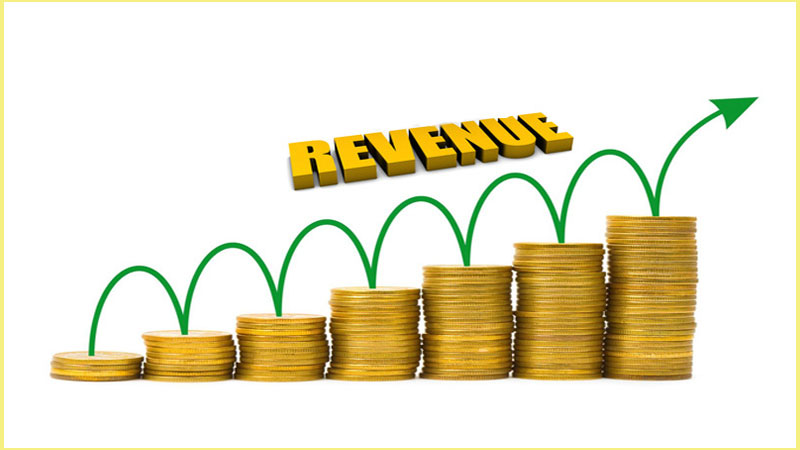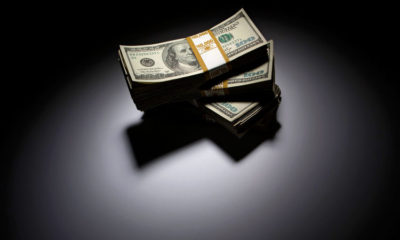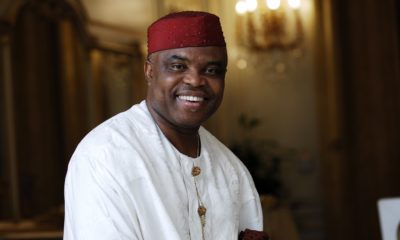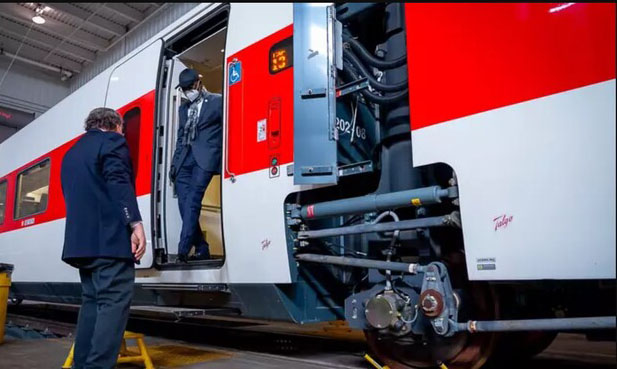The federal government actualised revenue is substantially behind targeted performance as it recorded a 44.6 percent shortfall from the projected N3.3 trillion for the period between January to May 2021.
Total expenditure plan for the year had jumped to 14.8 trillion, from the initial N13.8 trillion following the supplementary budget of N982.7 billion. But not only was the revenue projection retained, the actual performance has been in limbo, indicating a widening deficit.
The January to May 2021 budget implementation report by the ministry of Finance reveals that actual revenue was N1.8 trillion on the pro-rata basis, as against the 3.3trillion projection.
Drawing a parrel with the 2020 experience, analysts at the Afrinvest West Africa, a Lagose based investment banking institution, said though the FG had effected a downward review of its revenue projections along with a similar review in expenditure, the actual revenue performance still fell significantly below target.
In its Domestic Macroeconomics Highlights released last week, the analysts stated: “At first, the shock occasioned by the emergence of the pandemic compelled a downward revision of the 2020 expenditure plan to 9.9tn from 10.5tn earlier assented to by the president. In like manner, revenue projections were also lowered to 5.4trillion from 8.4trillion to reflect the reality of both the Oil and Non-oil segments of the economy.
“In the end, the budget implementation report by the Ministry of Finance, Budget & National Planning revealed that the FG realized 73.4% (or 3.9trillion) of the revised revenue projection of 5.4trillion. Aggregate revenue was dragged down by underwhelming non-Oil revenue which fell 21.5% to 1.3trillion, below the revised projection of 1.6trillion.”
Meanwhile, the company stated that its projections that the country’s Gross Domestic Products (GDP) would clutch out of the COVID-19-induced recession of 2020 were on track as the country recorded a growth rate of 5.0 percent in the first half of the year (H1’21).
According to analysts at Afrinvest Financial Services company,
“At the beginning of the year, we projected in our outlook report “A Blurry Path to Recovery” that the Nigerian economy in 2021 would clutch out of the COVID-19-induced recession of 2020, albeit at a modest 2.5 percent growth rate.
“Our position was hinged on the expectation of improved non-oil sector activities, to be driven jointly by the full impact of the monetary and fiscal stimuli rolled out in 2020 and the reduction in external shocks.
“We highlighted that the reopening of sub-sectors and land borders should support the recovery of key non-oil activities – the Manufacturing, Services, and Trade sectors.
“We predicted that the Agriculture sector would benefit from the recovery of supply chain activities and the incentive of a reduction in the import duty on farm tractors (from 35.0% to 5.0%) and trucks (from 35.0% to 10.0%) as stipulated in the Finance Act 2020.
“ In all of these projections, we maintained a cautious position on the recovery dynamics, as we emphasized that potential downside risk factors such as a resurgence of the COVID-19 pandemic, a further devaluation of the Naira, weak external position, and the continuous cap on oil supply are capable of negating the potential impact of the recovery catalysts earlier highlighted,” they said.
They noted that based on the realities that played out in H1’21, their projections were largely on track, except for oil prices which rebounded stronger than anticipated due to the sharp recovery of economic activities in AEs and some EMDEs led by China.

 Naira4 weeks ago
Naira4 weeks ago
 News3 weeks ago
News3 weeks ago
 Education4 weeks ago
Education4 weeks ago
 Social Media4 weeks ago
Social Media4 weeks ago
 Technology4 weeks ago
Technology4 weeks ago
 Investment4 weeks ago
Investment4 weeks ago
 Dividends4 weeks ago
Dividends4 weeks ago
 Economy4 weeks ago
Economy4 weeks ago



























